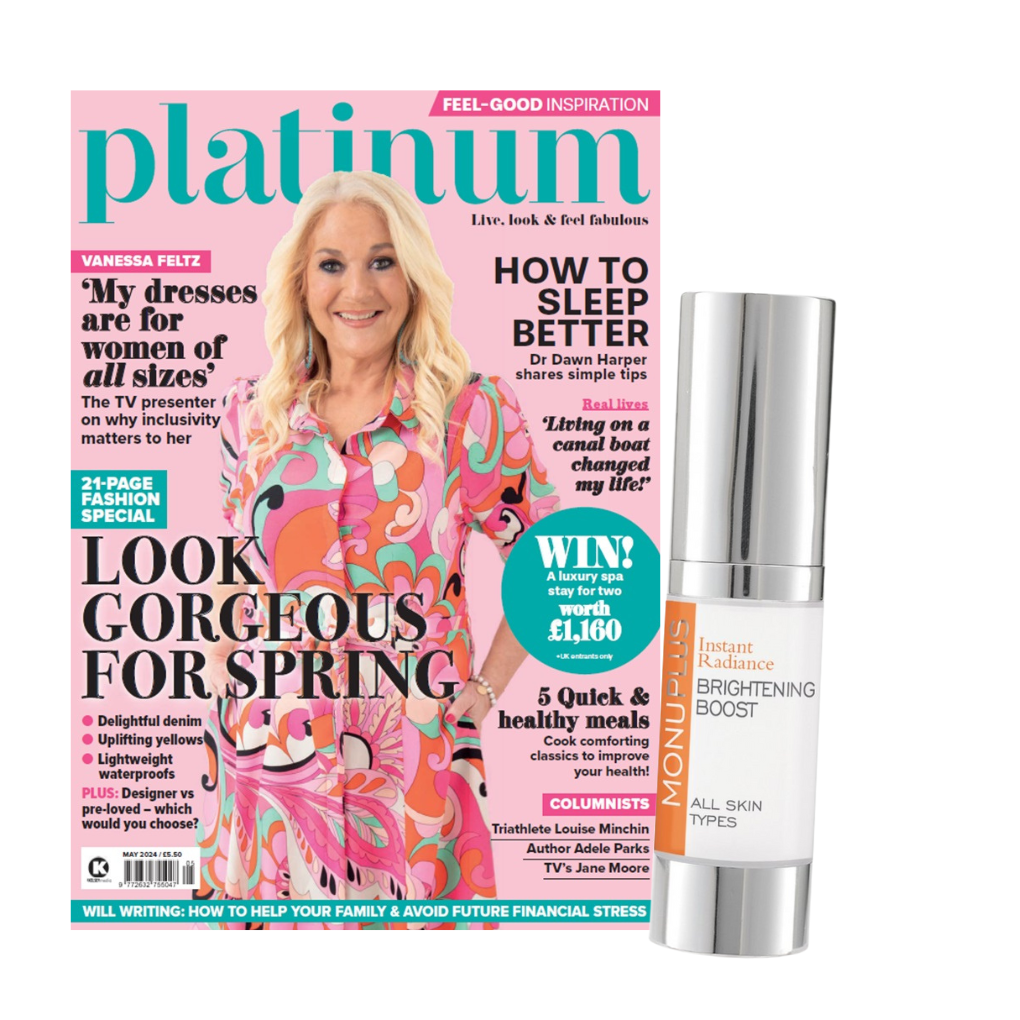When news hit a few weeks ago about a possible vaccine being issued by the end of the year, it felt like a much-needed bit of good news in a sea of bad. Many, though, have safety concerns; has the testing been rushed? How can we be sure it’s safe? And with the UK Health Secretary, Matt Hancock, declaring this morning that the first 800,000 doses will be available from next week, you may be looking to learn a bit more about it. Let us fill you in…

Who will get the vaccine first?
People should wait to be contacted by the NHS before trying to get a hold of a vaccine themselves, says Matt Hancock. Elderly people in care homes and care home staff are top of the priority list, followed by the over-80s and health and care staff.
The full detailed priority list has been set out by the Joint Committee on Vaccination and Immunisation (JCVI) and prioritises those who are 90-99% at risk of dying from Covid-19.
- Residents in a care home for older adults and their carers. It has been discussed that NHS workers may be added in to level 1, too.
- Everyone aged 80 and over, and frontline health and social care workers
- Everyone aged 75 and over
- Everyone aged 70 and over, and those who are clinically extremely vulnerable
- Everyone aged 65 and over
- People aged 16 to 64 with underlying health conditions which put them at higher risk of serious disease and death from Covid-19
- Everyone aged 60 and over
- Everyone aged 55 and over
- Everyone aged 50 and over
How will it work?
You’ll likely be invited to get your vaccine through your local GP surgery, or by attending a vaccination hub, which are currently being set up around the country. The UK government has ordered 40 million doses of the free jab so far – enough to vaccinate 20 million people.
When it comes to your vaccination, you will be vaccinated twice – 21 days apart – and immunity starts seven days after the second dose. When injected into the body, it prompts the immune system to produce antibodies and activate killer T-cells to destroy infected cells.
If you were to encounter coronavirus again, the antibodies and T-cells would be triggered to fight the virus.
How have they created the vaccine so quickly?
The Pfizer/Biotech vaccine is the fastest vaccine to go from a concept to a reality, taking only 10 months to the usual 10 years. Experts say, though, that this doesn’t mean it’s unsafe.
Scientists at Oxford University, who are also working on their own vaccine, have been planning for what they have termed ‘Disease X’ since the Ebola outbreak back in 2014. They knew that it was only a matter of time before another viral disease came along, wrecking havoc on the world’s population.
When Professor Sarah Gilbert, who is working on the Oxford vaccine, heard of the outbreak in Wuhan in January this year, she suspected that this might be the virus they had been planning for. “We’d been planning for Disease X, we’d been waiting for it, and I thought this could be it.”
The disease being a coronavirus was ‘lucky’ in some aspects; scientists knew of the virus’s biology from past coronaviruses, like SARs and MERs. It meant that they knew how it behaved, and they’ve been able to combine previous research to bring us these new vaccines at record speed.
Has it been well tested?
The head of the Medicines and Healthcare products Regulatory Agency, Dr June Raine, said despite the speed of approval, no corners have been cut. Batches of the vaccine will be tested in labs “so that every single vaccine that goes out meets the same high standards of safety”, she said.
Pfizer’s senior vice president of vaccine clinical research and development, William Gruber, said: “I’ve been in vaccine development for 35 years. I’ve seen some really good things. This is extraordinary. It really bodes well for us being able to get a handle on the epidemic and get us out of this situation.”
For now, we’re excited to finally have some positive news to get excited about, and while we anxiously await our own vaccines, we’ll be doing more of what we’ve already been doing these past few months; reading, walking and enjoying some essential self-care. We hope you are, too!
For more great health reads, why not subscribe to get a copy of the mag posted direct to your door? Head to platinum-mag.co.uk/subscribe








